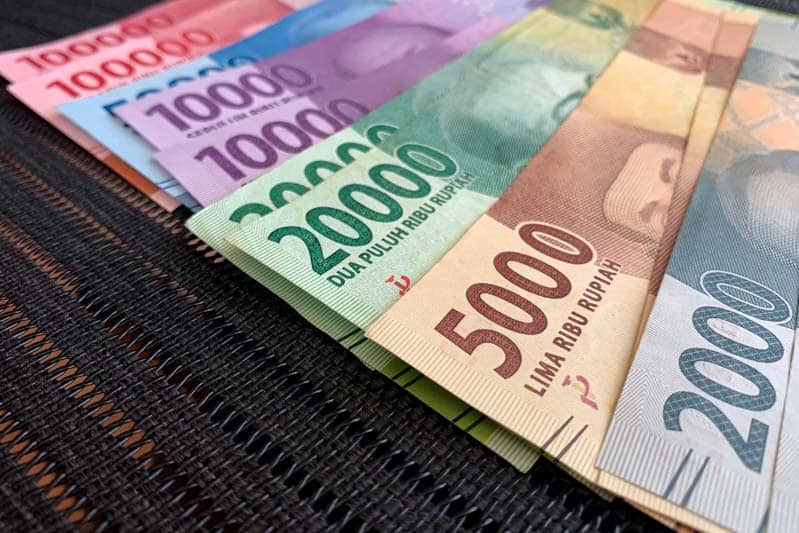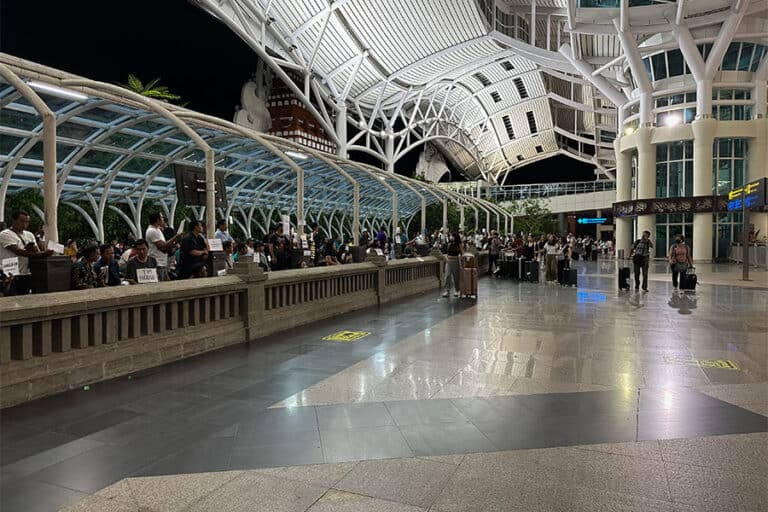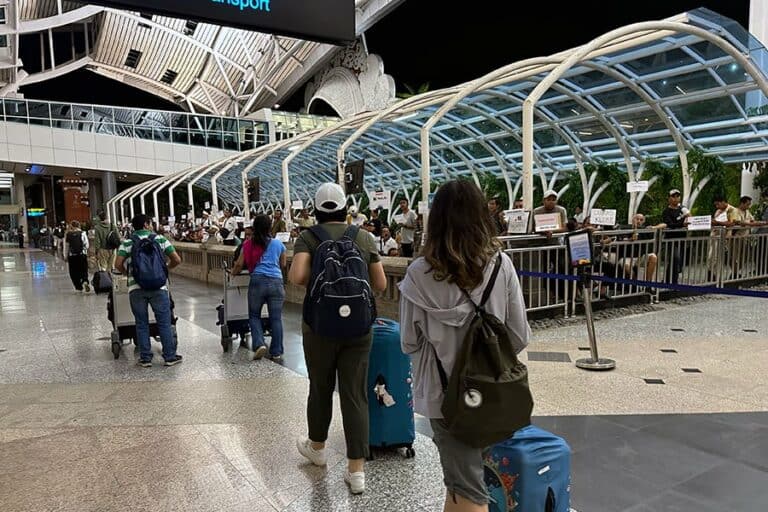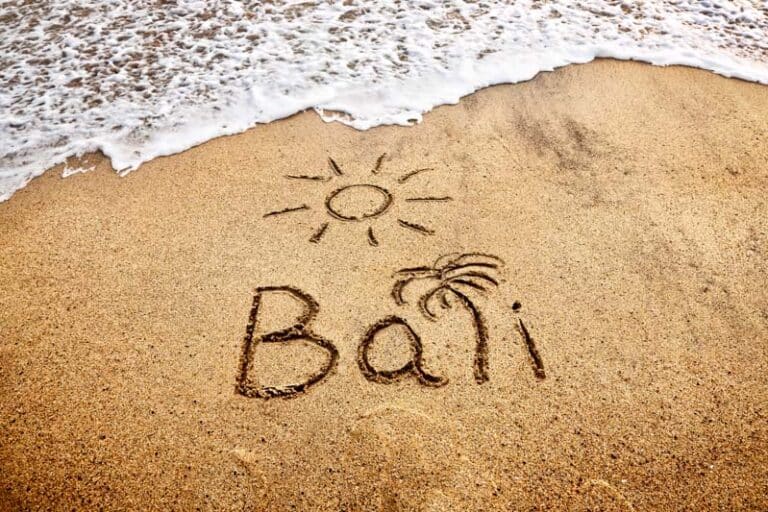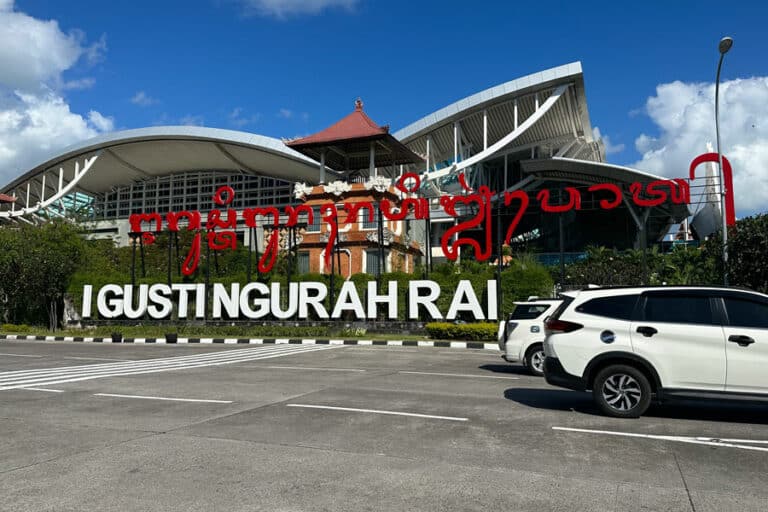Are you planning a trip to Bali and need to exchange your money? Look no further! This article has all the information you need about money changers in Bali.
We’ve got you covered, from finding reliable ones to understanding exchange rates. Plus, we’ll share tips to help you get the best deal and avoid scams.
- Choose money changers with a good reputation and recommendations from locals or travelers.
- Look for money changers licensed by Bank Indonesia for adherence to regulations and standards.
- Compare exchange rates offered by different money changers.
- Avoid changing large amounts of money at once to minimize the risk of losing a lot if something goes wrong.
In Indonesia, the money is called Rupiah. That’s what you need to pay for most things there, except when you arrive at the airport and want to get a visa. You can use other money for that. But for everything else, it’s Rupiah time!
How to Find Reliable Money Changers in Bali
You can easily find reliable money changers in Bali by looking for ones that have a good reputation and are recommended by locals or fellow travelers. It’s important to ensure that the money changer you choose is licensed by Bank Indonesia, the country’s central bank, as this guarantees that they adhere to certain regulations and standards.
Also, comparing exchange rates offered by different money changers would be best to ensure a fair deal. Look for money changers that display their rates prominently and have transparent fees.
Understanding Money Exchange Rates in Bali
Understanding exchange rates in Bali can be quite challenging, especially when unfamiliar with the local currency. Here are some key points to help you navigate through the complexities:
- Research before you arrive: Familiarize yourself with the current exchange rates and compare them with rates offered by money changers in Bali. This will give you an idea of what to expect and help you identify discrepancies.
- Use reputable money changers: Look for authorized money changers regulated by the Indonesian government. These establishments are more likely to offer fair rates and trustworthy service.
- Check for hidden fees: Some money changers may advertise attractive rates but charge additional fees or commissions. Always ask about any hidden fees before conducting any transactions.
- Be cautious of street money changers: While reputable street money changers exist, many operate illegally and may try to scam tourists. It’s best to use established money changers with a physical presence.
Check Exchange Rates
Tips for Getting the Best Deal at Money Changers
To get the best deal at money changers in Bali, comparing exchange rates and fees offered by different establishments is important.
You can start by researching the current exchange rate online so you have a benchmark to compare with. Using the XE.com app to check the money changer’s rate and compare it to the inter-bank rate is also helpful.
Larger and more established money exchanges tend to be safer options. Be cautious of offers that seem too good to be true, and trust your instincts.
When you arrive at Bali International Airport, you’ll see many money changers on your way out. These places are pretty convenient because they’re right there, but the exchange rate they offer is usually not the best.
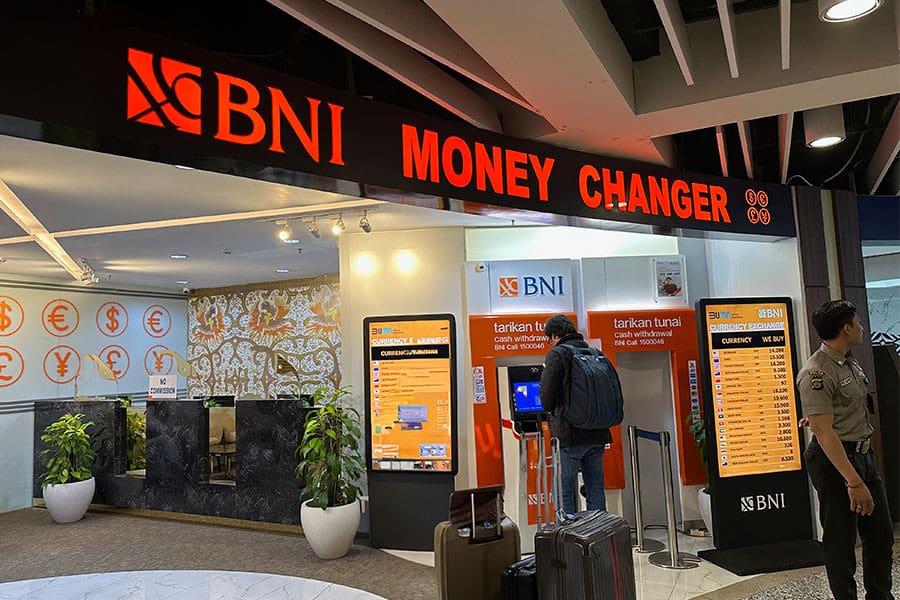
Remember that money changers in tourist areas tend to have higher fees and worse exchange rates. Look for money changers in local markets or small shops away from the main tourist spots.
Also, pay attention to the fees charged. Some money changers may offer better exchange rates but have high hidden fees.
Avoiding Common Scams at Money Changers
Be cautious of common scams at money changers by thoroughly checking the exchange rate and fees before making any transactions. Here are some tips to help you avoid falling victim to these scams:
- Research the current exchange rate: Before visiting a money changer, know the current exchange rate for the currency you want to convert. This will help you identify whether the rate offered by the money changer is fair.
- It’s important to pick a money changer with direct frontage onto a main street with heavy walk-by traffic, avoiding back alleys and side streets.
- Compare rates at different money changers: Don’t settle for the first money changer you come across. Take the time to compare rates at different places to find the best deal.
- Ask about fees and commissions: Money changers often charge fees and commissions for their services. Make sure you ask about these upfront to avoid any surprises later.
- Count your money before leaving: Always count your money in front of the money changer before leaving their premises. This ensures you receive the correct amount and reduces the likelihood of being short-changed.

